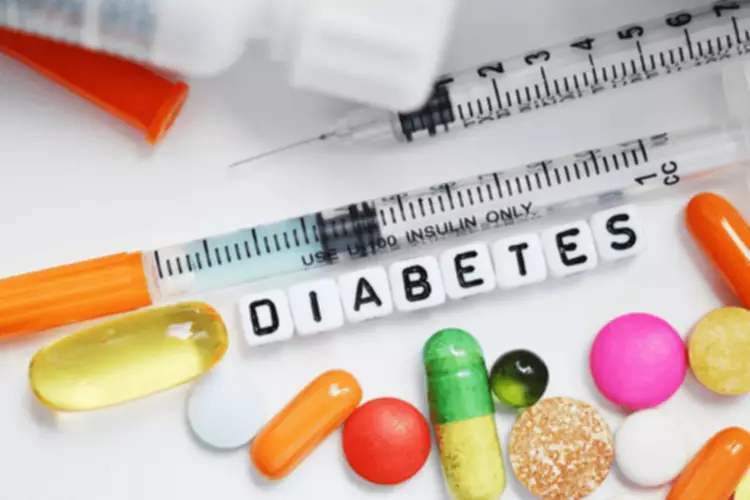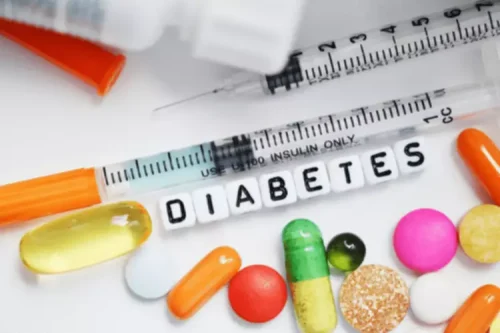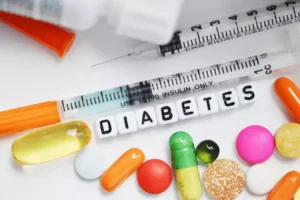
Young people especially what is social drinking face increasing social and economic pressures, and may be more focused on professional and personal growth than previous generations. Moderation can be a sustainable strategy for people who are not dependent on alcohol. Sometimes even people who were dependent can achieve moderation, usually after a period of abstinence. In the past, the consensus was that people who were dependent on alcohol should only aim for complete abstinence.
Social Drinkers vs. Moderate Drinkers
- Young people especially face increasing social and economic pressures, and may be more focused on professional and personal growth than previous generations.
- Therefore, if someone self-identifies as a social drinker, they should not consume more than 14 drinks per week for males and 7 for females.
- Social drinkers stand apart from those who battle alcohol dependency or addiction.
But there are many other cases in which drinking alcohol becomes habitual for a person, and leads to dependency. It’s a cumulative problem, and something you may find yourself facing at some point in your life. If you find your dependence on alcohol is becoming too strong to control, it’s time to take a close, honest look at your behavior. However, we’re not the first nation to use alcohol as a social lubricant. From ancient Greece to early colonial settlers in America, wine, beer and other alcoholic beverages can create friendships and connections with others.
- For example, a woman may develop a tolerance to her nightly glass of wine and start to need a second glass to help take the edge off stressful work days.
- They choose to enjoy a few drinks over an extended period, prioritizing the social aspects of the gathering rather than pursuing intoxication.
- Many people drink socially without becoming dependent on alcohol, but for some, casual drinking can gradually become excessive or turn into a coping mechanism for stress, anxiety or loneliness.
- When alcohol starts taking precedence over your work commitments and family obligations, it’s a red flag.
Support Groups
Having a drink is reserved for special occasions, but generally doesn’t feature in everyday life. The rise of “damp drinking” is another shift from all-or-nothing approaches to alcohol. In a recent survey, close to 40% of drinkers want to drink less compared to 6.5% who say they want to quit altogether.
- The transition may be evident when someone starts to spend a lot of time drinking alone instead of doing so to socialize with other people.
- There is no harm in at least checking out an abstinence-based program such as Alcoholics Anonymous, SMART Recovery®, or Women for Sobriety meetings.
- However, drinking doesn’t disrupt their life or create serious physical, mental or personal problems.
- 69.5% reported they drank alcohol in the past year, and 54.9% reported they drank within the last month.
Signs Social Drinking is Becoming Alcohol Use Disorder (AUD)
Social drinkers derive pleasure from the complete experience of drinking, appreciating the taste, aroma, and intricacies of various beverages. From the complex aromas to the intricate flavors, social drinkers take the time to truly appreciate each sip. In this article, we will explore the world of social drinking, shedding light on what it truly means and who qualifies as a social drinker.


People may use alcohol as a way to numb their emotions or escape from mental health symptoms. Following rules for drinking socially can help you avoid drinking too much and may help you avoid alcohol problems in the future. There are many other ways besides drinking to relax or have a good time.
- A sudden change in life, such as a divorce, death, or job loss, can lead to excessive stress.
- Many people have relearned moderate social drinking through these approaches.
- However, if you engage in social drinking multiple times a week, this can give way to increased tolerance and a desire to drink more.
Social Drinking vs. an Alcoholic

These instances aren’t necessarily an issue, but it’s important to know if your drinking is under control or heading into dangerous territory. Knowing the difference can help you evaluate your drinking and make changes before you develop an alcohol addiction. Moderate drinkers, regardless of the occasion, only consume alcoholic drinks moderately.
Why Do People Drink Socially?

While commercial research like this requires cautious interpretation, it does highlight a growing appetite for moderation. An interest in mindful drinking means trends that encourage moderation – including “zebra alcoholism symptoms striping” and “damp drinking” – have taken off on social media. The proportion of young people who’ve never consumed a full glass of alcohol has also more than doubled since 2001, from 7.5% to 16.3%.





